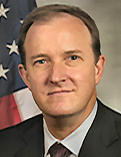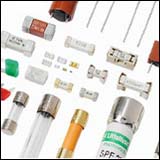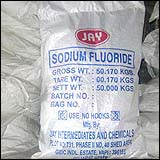
ABOVE: Kevin Wolf
Do you want to talk to an important official at the Bureau of Industry and Security about export reform? Well, here’s your chance. BIS is resuming its weekly teleconferences with Kevin Wolf, the Assistant Secretary of Commerce, on December 12, 2012, at 2:30 p.m. EST. The dial-in number for the conference calls is: 1-888-455-8218 and the participant code: 6514196. Callers should dial in 10 minutes early.
These calls will occur weekly on Wednesdays (except for December 26 when I hope the Assistant Secretary and this blog’s readers will all be spending a well-deserved Christmas vacation at home with family and friends). The purpose of these calls is to provide information on export control reform initiatives and to assist parties in preparing comments in pending rulemaking proceedings related to export reform.
There’s only one small catch: Questions for Kevin should be sent in advance of the call to [email protected] with a subject line of “teleconference questions.†So, if you were planning to ask Mr. Wolf about his thoughts about what will happen in the next season of “Mad Men” or some other topic of burning, but non-export, interest, don’t bother to push the send button. I have it on good authority that public comment on export control reform is both wanted and valued by BIS, so don’t pass up this opportunity.

 Posted by
Posted by  Category:
Category: 

 Illinois-based Littlefuse, Inc., which, not surprisingly, makes fuses, filed a voluntary disclosure with the Bureau of Industry and Security (“BIS”) relating to 37 unlicensed exports, worth $90,017.96, to the Philippines (presumably its own
Illinois-based Littlefuse, Inc., which, not surprisingly, makes fuses, filed a voluntary disclosure with the Bureau of Industry and Security (“BIS”) relating to 37 unlicensed exports, worth $90,017.96, to the Philippines (presumably its own  I suppose it was inevitable. The Bureau of Industry and Security (“BIS”) today announced a
I suppose it was inevitable. The Bureau of Industry and Security (“BIS”) today announced a  According to
According to  According to this
According to this 

